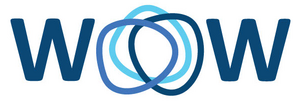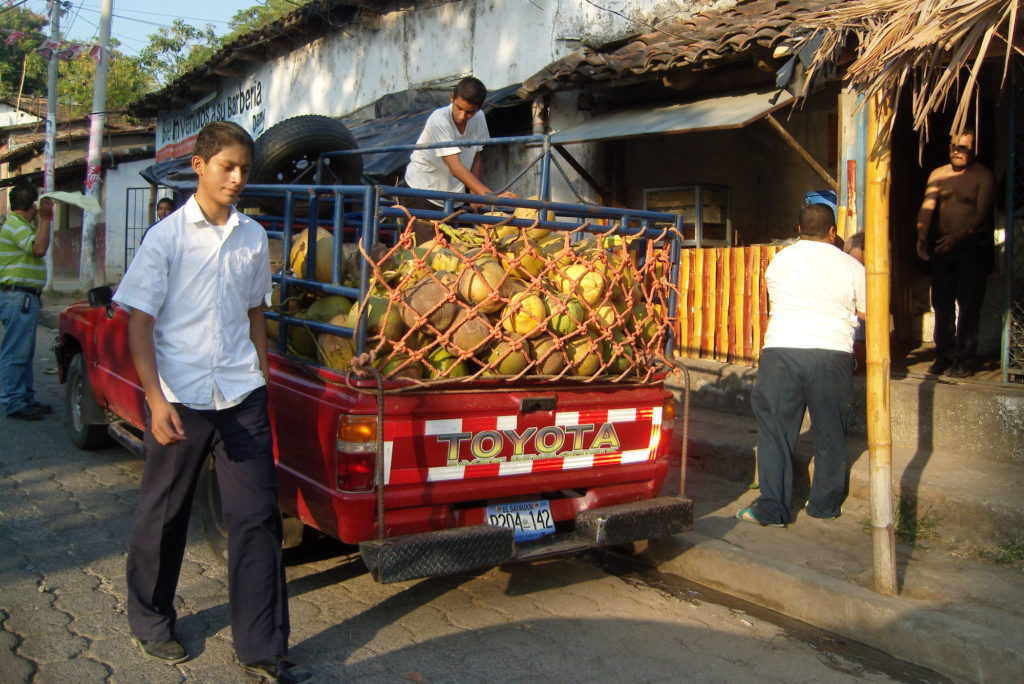The governments of the region must urgently implement, in the face of the COVID-19 pandemic, an emergency basic income for its 215 million poor, proposes the Economic Commission for Latin America and the Caribbean (ECLAC).
That income “should be equivalent to 143 dollars a month and be sustained for six months”, on the way to the future adoption of a universal basic income, said ECLAC executive secretary, Alicia Bárcena, when presenting the report “The social challenge in times of COVID -19 ”, at the headquarters of the United Nations agency, in Santiago de Chile on Tuesday 12 May.
The resources necessary for this basic emergency income for six months represent 3.4 percent of the region’s gross domestic product, which already delivered 0.6 percent of its GDP to the poorest and in the current crisis added aid for 36,830 million dollars, equivalent to another 0.7 percent.
The remaining 2.1 percent needed to implement the emergency income could be financed by a frontal fight against tax evasion, which in the region is calculated at 6.3 percent of GDP, with other fiscal measures and with increases in budgets of health and education, said Bárcena.
The report warns that the pandemic and the confinement with which it is fought will lead to an increase in poverty in the short term, due to the context of low economic growth, as GDP will decrease, -5.3 percent, and unemployment will grow, up to 3.4 percentage points.
Poverty will grow with at least 4.4 percentage points, 28.7 million people more than in 2019, to reach a total of 214.7 million, 34.7 percent of Latin Americans and Caribbean people.
15.9 million people would fall in extreme poverty, reaching a total of 83.4 million people.
The pandemic “has made visible structural problems of the economic model and the shortcomings of social protection systems and welfare regimes, which is proving very expensive for us today,” remarked Bárcena.
In the response, at least 29 countries in the region adopted 126 compensatory measures for the most vulnerable sectors, including cash transfers, in kind (from food to face masks), alleviation of charges for basic services, tax exemptions and price controls.
But, according to ECLAC, greater and more intense measures are required to care for the health of the population and cushion the social impact of the economic crisis. “Sustaining household consumption will be crucial to achieving a robust and relatively rapid recovery,” the report said.
There she inserted the request for an emergency basic income, which should cover at least six months with an amount equivalent to that of the poverty line, which averages 143 dollars a month in the region.
Bárcena recalled the crisis of the 80s of the last century and said that it took 14 years to recover the GDP per capita, and another 25 to bring poverty back to the levels it had then, “and this crisis can make us lose 13 years”.
“We do not want another lost decade, and that is why we promote the construction of a welfare state, starting with a universal basic income that is gradually installed and allows millions of Latin Americans and Caribbean people to leave the space of destitution and be more productive,” Bárcena said.
To make this possible, a “new fiscal pact” is needed in the region, combating tax evasion, new taxes on the digital economy and environmentally predatory activities, and with renewed attention to public spending on health, education and other services, summarized the official.
Source: Inter Press Service (http://www.ipsnoticias.net/2020/05/america-latina-entregar-urgentemente-dinero-pobres/ – original Spanish)





